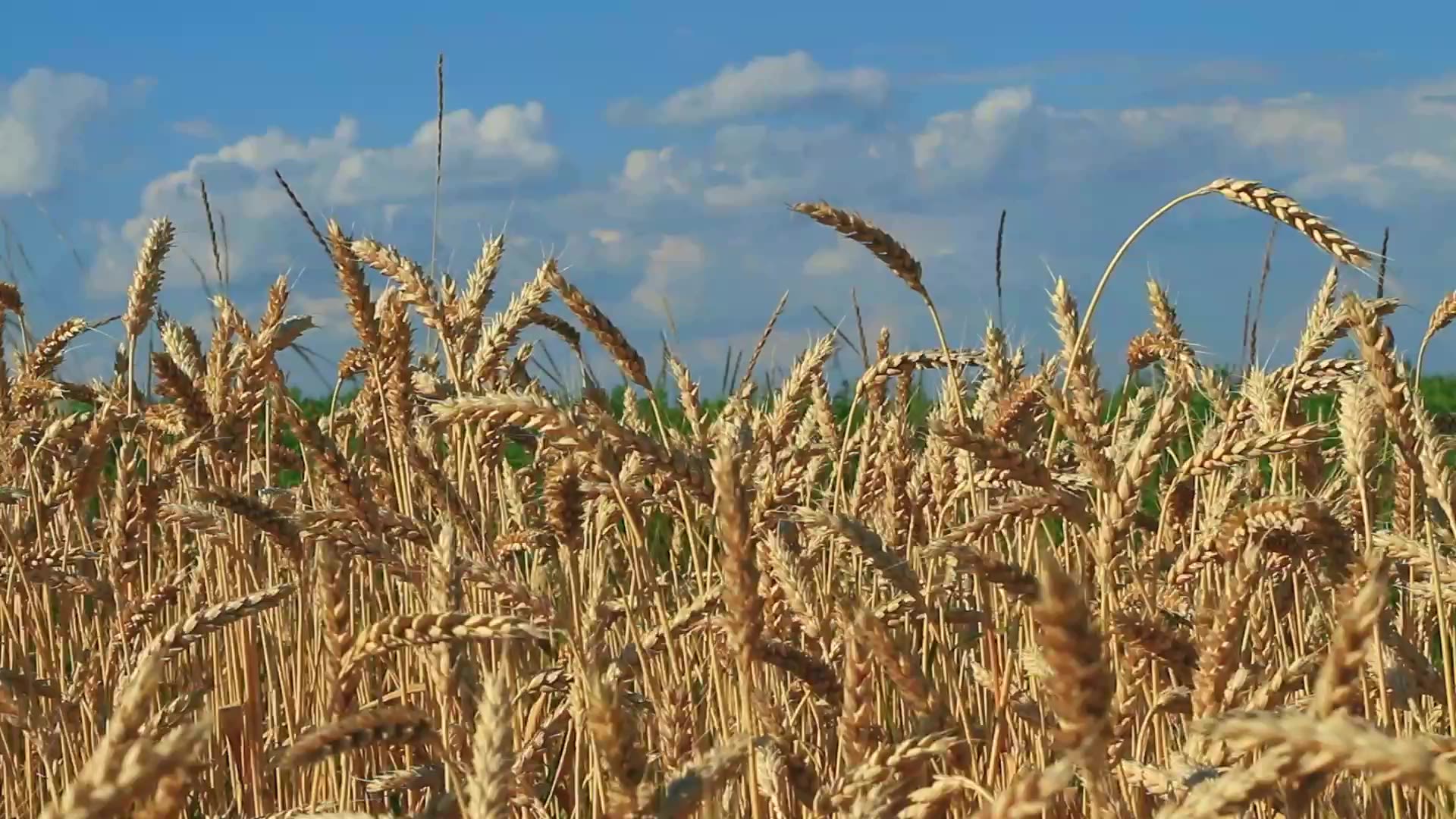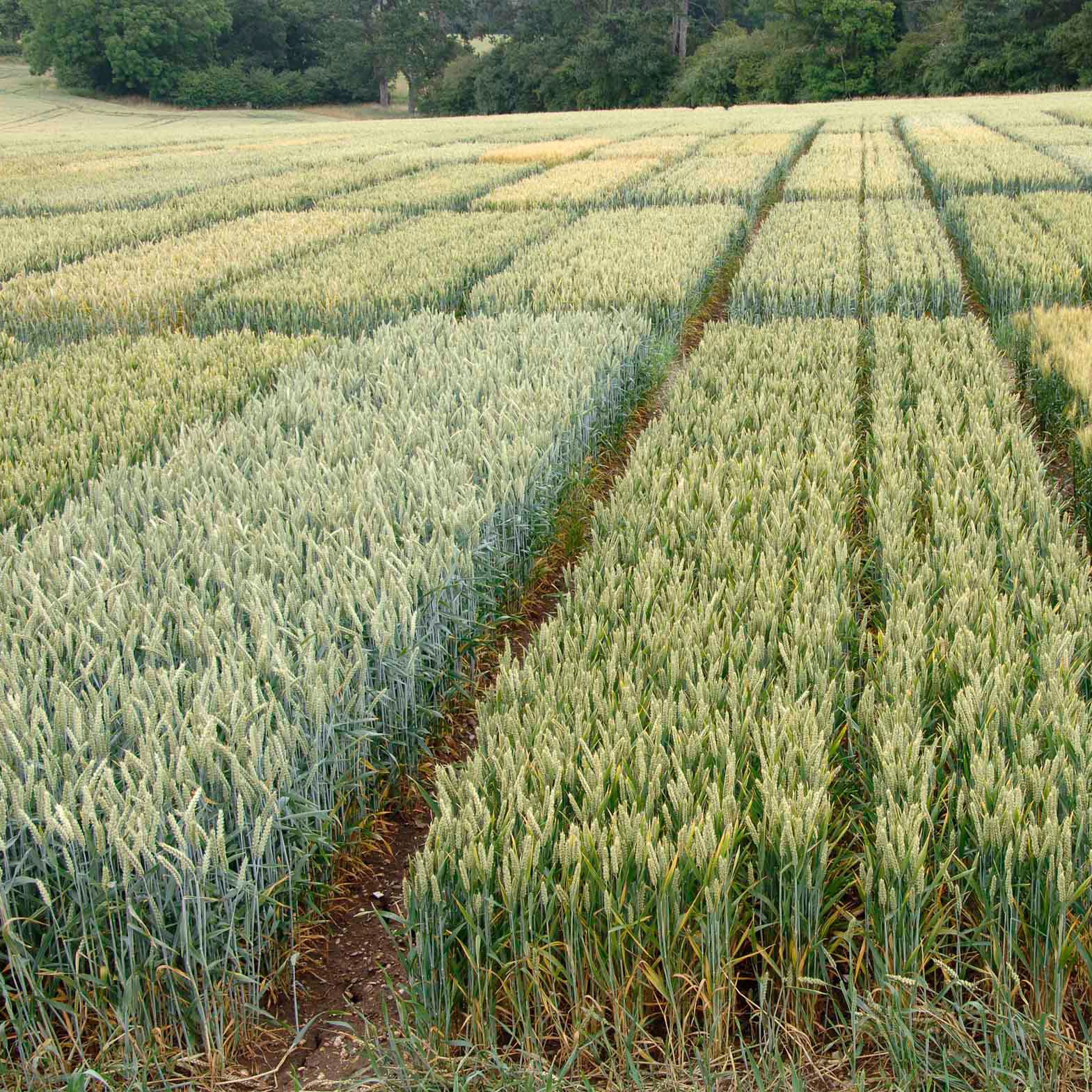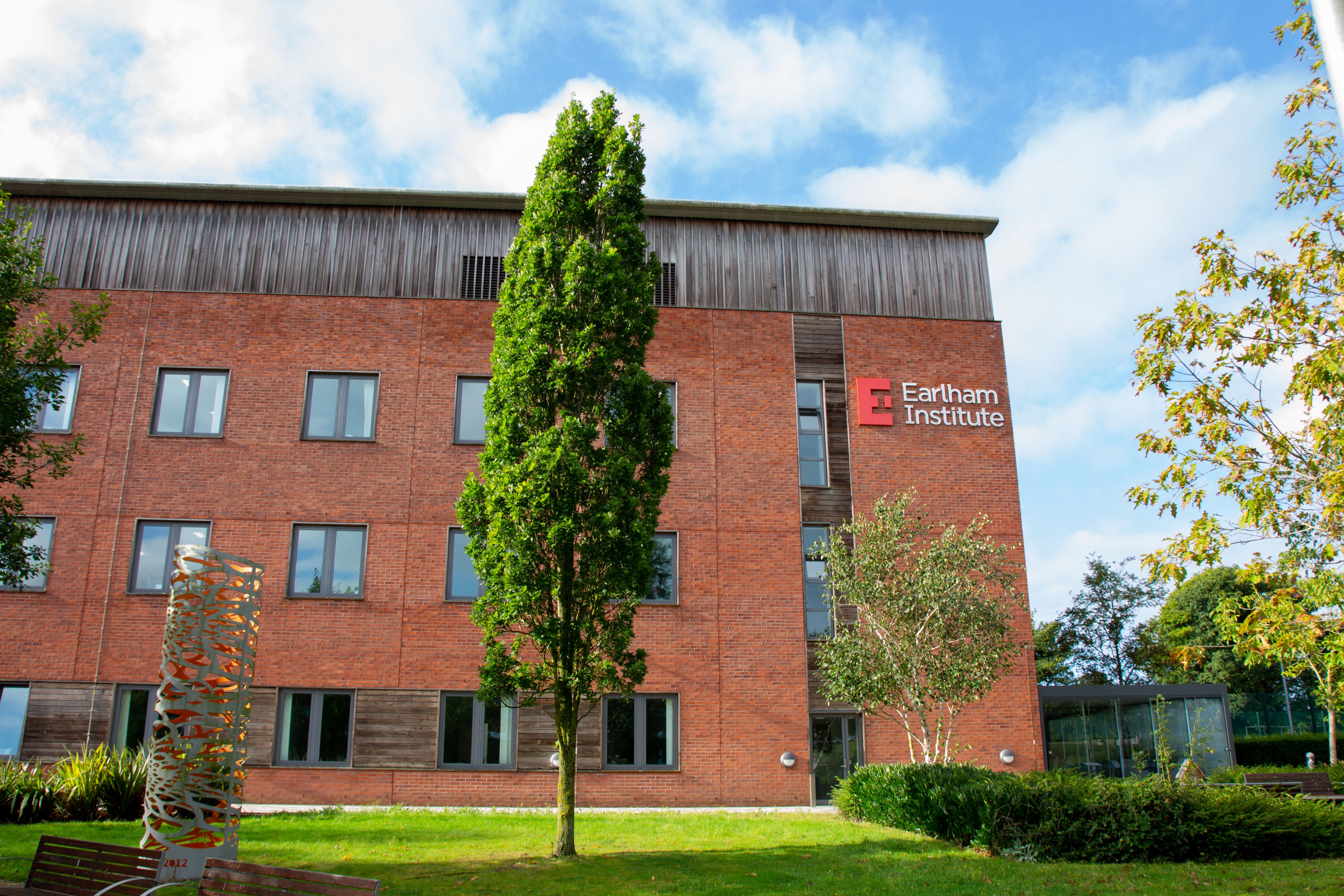
The assembly and annotation of the wheat genome is a vital tool as it accelerates the development of new wheat varieties with improved traits, like yield, heat tolerance, and disease resistance.
The Earlham Institute has developed an approach to identify genes in less than a month, instead of the typical three to six years. A sequenced and annotated wheat genome would be a great benefit for science, especially given wheat’s crucial role in food security.
An international collaborative effort led by the International Wheat Genome Sequencing Consortium (IWGSC) strove to solve this issue. UK contributions to the project were led by Earlham Institute and involved JIC, Rothamsted Research, the Natural History Museum and the universities of Bristol and Liverpool. The project was also supported by a range of BBSRC funding, including:
- a Strategic Longer and Larger (sLoLa) grant to Earlham Institute, the John Innes Centre, Rothamsted Research and EMBL-EBI
- strategic funding to Rothamsted Research as part of the Wheat 20:20 programme
- fellowships to researchers at the University of Liverpool and the John Innes Centre
- responsive mode funding to the John Innes Centre, the universities of Liverpool and Bristol, Earlham Institute and the Natural History Museum
Earlham Institute started work on wheat genome sequencing in 2009 and the first full reference sequence of the wheat genome was published in 2018. They contributed to several landmark papers and developed tools and software to assist with assembly and annotation.
Earlham Institute generated assemblies for all 21 chromosomes, including developing the ground-breaking W2rap software tool which enables assembly of genome fragments. W2rap produces results which are accurate enough to compare two wheat lines with each other, something not previously possible. Earlham Institute researchers also made modifications to the Broad Institute/MIT DISCOVAR platform to enable a high-quality, precise assembly process.
The institute developed two tools to dramatically enhance genome annotation to deliver the most comprehensive annotation of the 21 wheat chromosomes to date:
- Portcullis, which improved accuracy
- Mikado, which filters out false positives and identifies where there might be false negatives
All these methods and data are openly available on Earlham Institute's Grassroots Genomics platform.
The methods for wheat genome provide a model for sequencing other large, complex plant genomes and the success of IWGSC efforts reaffirms the importance of international collaboration and open access data and resources to advance global food security.
Earlham Institute has used this as a platform for further wheat research. For example, there has been a recent collaboration with the International Maize and Wheat Improvement Centre involving a two-year field trial in Mexico’s Sonora desert and crossbreeding efforts of elite wheat lines with exotic material. The project found plants with exotic DNA achieved a 50 per cent higher yield under heat stress. This enabled the identification of genetic markers for heat tolerance, which could be used to produce wheat lines with improved climate resilience. Other Earlham Institute-led research with JIC has been examining wheat’s circadian clock, finding that 30 per cent of genes in wheat are regulated by circadian rhythms. This includes genes responsible for critical functions for plant growth, such a photosynthesis, pest-defence, and heat/cold resistance. This will help further inform breeding programmes.
Hear more about Earlham Institute’s wheat research for food security




BBSRC invests to push back the frontiers of biology and deliver a healthy, prosperous and sustainable future.
https://www.ukri.org/councils/bbsrc/
Get in touch with us to discuss BBSRC’s research outcomes and impacts or to tell us about your own:
Emma Lambourne
Senior Manager, Impact Evidence
emma.lambourne@bbsrc.ukri.org
Dr Beverley Thomas
Associate Director, Evidence and Evaluation
beverley.thomas@bbsrc.ukri.org
